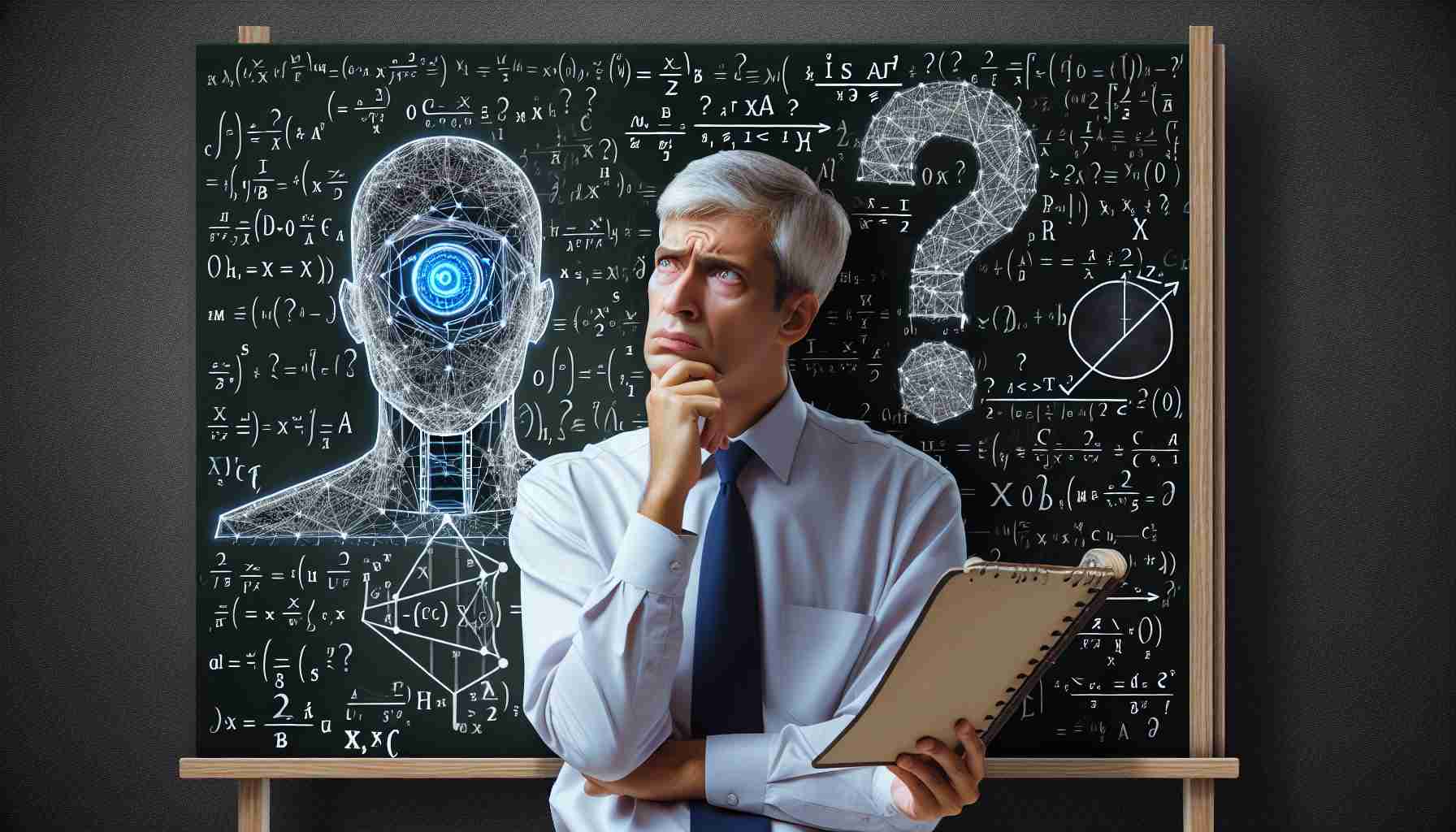The rise of machine learning (ML) has transformed industries, revolutionizing everything from healthcare to finance. This explosive growth has left many individuals asking a critical question: Is mastering machine learning hard? The answer is nuanced and depends on several factors.
To begin with, machine learning is built on a foundation of mathematics and statistics. Concepts such as linear algebra, calculus, probability, and statistics are crucial. For individuals without a background in these areas, the learning curve can be steep. Understanding the mathematical underpinnings is essential for developing and tuning models effectively.
Programming skills form the next critical layer. Languages such as Python and R are predominantly used in ML for their libraries like TensorFlow, Keras, and Scikit-learn. These tools simplify the process of building complex models, but a strong grasp of programming principles is indispensable. Without a solid coding foundation, progress can be slow and error-prone.
Additionally, machine learning is a rapidly evolving field. Staying current with new models, algorithms, and technologies is a perennial challenge. However, numerous resources exist—ranging from online courses to community forums—that can significantly aid learning.
Despite the challenges, mastering machine learning is achievable with perseverance and structured learning. By incrementally building knowledge and leveraging available resources, enthusiasts can transition from novice to expert. In conclusion, while machine learning presents complexities, it is far from being an impossible task for those committed to the journey.
Unlocking the Secrets of Machine Learning: Discover What’s Not Being Talked About!
Despite the spotlight on machine learning’s transformative power, what often goes unnoticed are its implications for privacy and ethical decision-making. With algorithms increasingly integrated into public systems, the impact on communities and countries is substantial, yet controversial.
How does machine learning affect privacy? As algorithms collect and analyze vast amounts of data, there’s a growing concern over personal privacy. Governments and companies use ML for surveillance, raising questions about data ownership and consent. Efforts to craft regulations, such as the EU’s GDPR, are underway, but balancing innovation and privacy remains complex.
In ethical decision-making, machine learning poses challenges. Bias in AI systems can perpetuate social inequalities, influencing decisions in hiring, policing, or credit scoring. “How can we ensure fairness?” is a question researchers and policymakers are diligently trying to address, yet solutions are still evolving.
The implication of machine learning extends beyond industries into societal structures. Countries heavily investing in AI technologies are experiencing shifts in labor markets. With automation on the rise, job displacement is a real fear. However, this shift could also create new career opportunities, provided that educational systems adapt to teach future-proof skills.
Is mastering machine learning hard? While it demands a multidisciplinary approach, passion and determination can overcome educational barriers, democratizing the field. But what is less talked about is the ongoing debate: should everyone master it, given its ethical and societal consequences?
To dive deeper into the ethical discussions surrounding AI, visit MIT Technology Review.
In conclusion, while machine learning excels at problem-solving, its broader effects on privacy, ethics, and the economy pose questions that we must answer collectively.

















